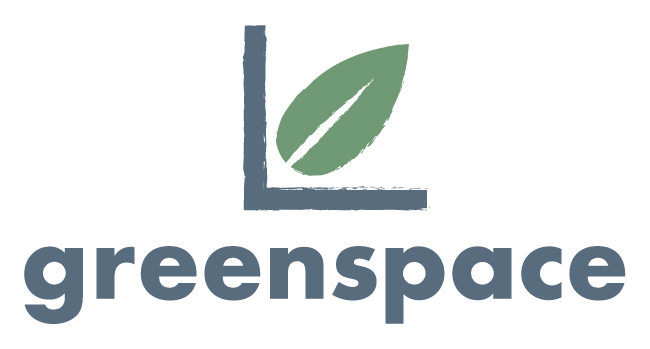

Greenspace Sustainable Financial Planning Ltd

Hampshire, United Kingdom
August 2022
Investment advising
Service with Minor Environmental Footprint
United Kingdom
Most people are not aware that their pension is contributing to climate change and numerous other global problems. Or that a straightforward solution is available. Greenspace have two missions; to grow your pension or investment, and to make sure that the same money is helping the transition to a sustainable economy. They use positive impact, sustainability and ESG (environmental, social and governance) screening to provide ongoing suitability advice to UK investors. There is no minimum or maximum threshold for investment, and you will be kept up to date with the positive impact your money is having through carbon footprint reports, and regular updates on how your money aligns with the UN SDGs (Sustainable Development Goals). Investment themes include clean energy, water management, sustainable transport, health, well-being, resource efficiency, environmental services, and education. Sectors such as fossil fuel, weapons, gambling, tobacco and alcohol are removed from your pension or investment. Directly authorised by the FCA, Greenspace provide financial planning expertise to individuals and businesses. They plant a tree for you in the Scottish Highlands when you become a client, and then again each year after conducting an annual review.
Overall B Impact Score
Governance 14.5
Governance evaluates a company's overall mission, engagement around its social/environmental impact, ethics, and transparency. This section also evaluates the ability of a company to protect their mission and formally consider stakeholders in decision making through their corporate structure (e.g. benefit corporation) or corporate governing documents.
What is this? A company with an Impact Business Model is intentionally designed to create a specific positive outcome for one of its stakeholders - such as workers, community, environment, or customers.
Community 5.4
Community evaluates a company’s engagement with and impact on the communities in which it operates, hires from, and sources from. Topics include diversity, equity & inclusion, economic impact, civic engagement, charitable giving, and supply chain management. In addition, this section recognizes business models that are designed to address specific community-oriented problems, such as poverty alleviation through fair trade sourcing or distribution via microenterprises, producer cooperative models, locally focused economic development, and formal charitable giving commitments.
Environment 12.3
Environment evaluates a company’s overall environmental management practices as well as its impact on the air, climate, water, land, and biodiversity. This includes the direct impact of a company’s operations and, when applicable its supply chain and distribution channels. This section also recognizes companies with environmentally innovative production processes and those that sell products or services that have a positive environmental impact. Some examples might include products and services that create renewable energy, reduce consumption or waste, conserve land or wildlife, provide less toxic alternatives to the market, or educate people about environmental problems.
Customers 50.4
Customers evaluates a company’s stewardship of its customers through the quality of its products and services, ethical marketing, data privacy and security, and feedback channels. In addition, this section recognizes products or services that are designed to address a particular social problem for or through its customers, such as health or educational products, arts & media products, serving underserved customers/clients, and services that improve the social impact of other businesses or organizations.
What is this? A company with an Impact Business Model is intentionally designed to create a specific positive outcome for one of its stakeholders - such as workers, community, environment, or customers.